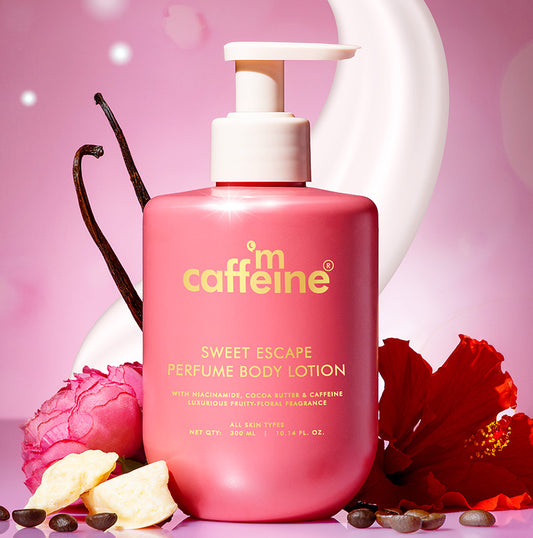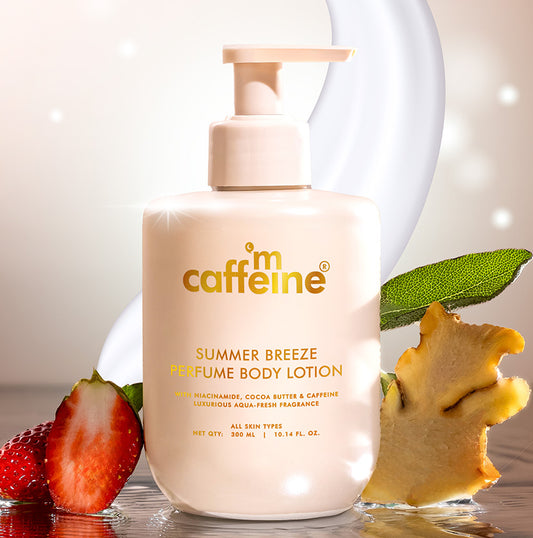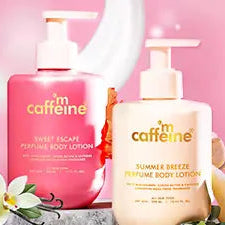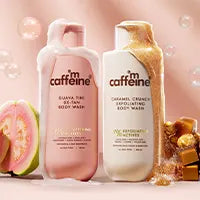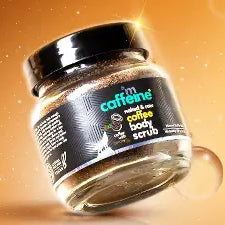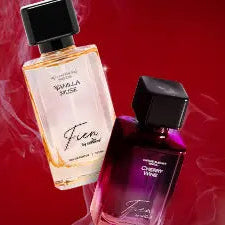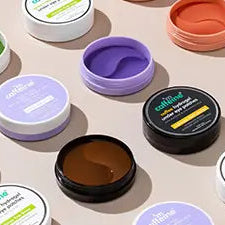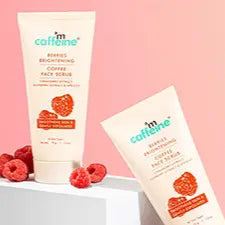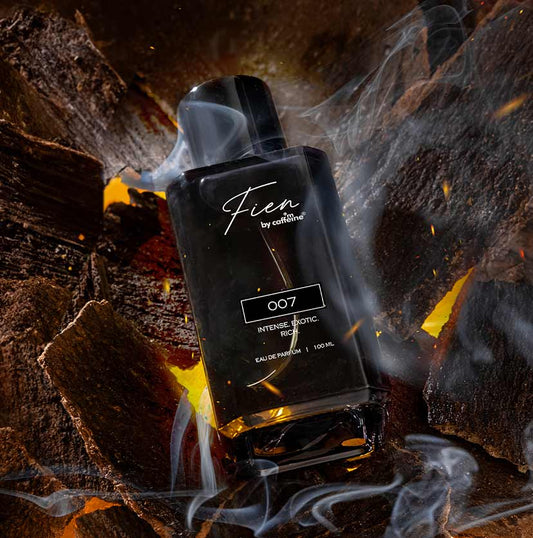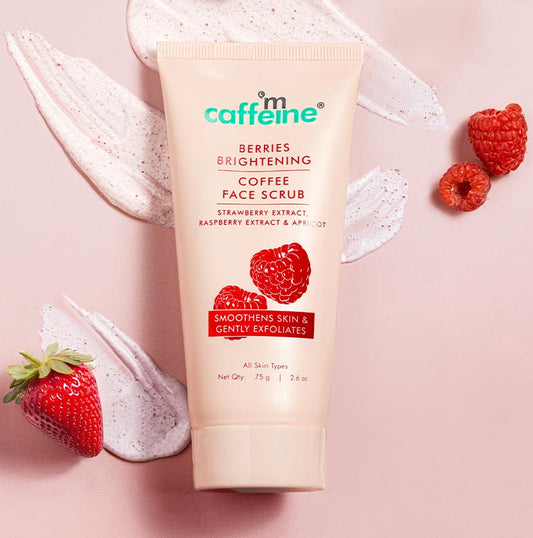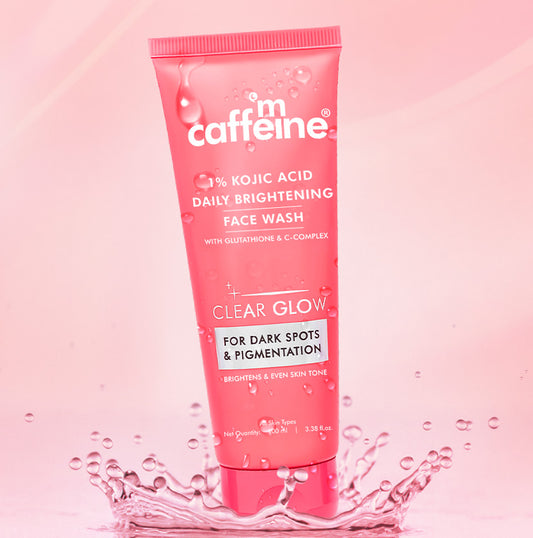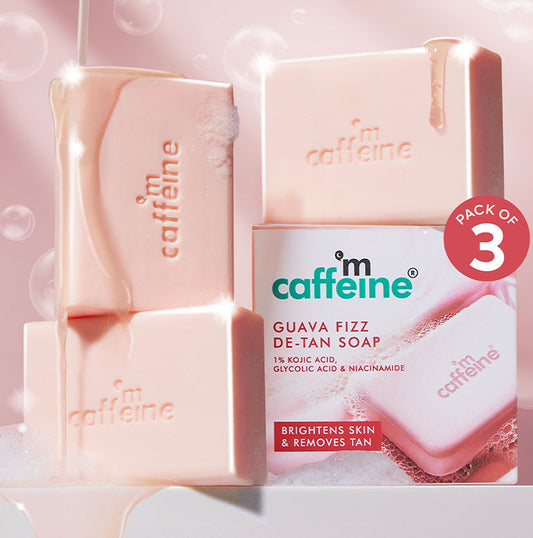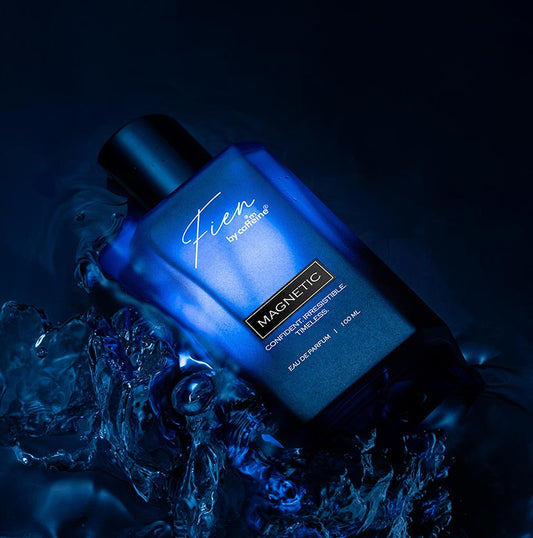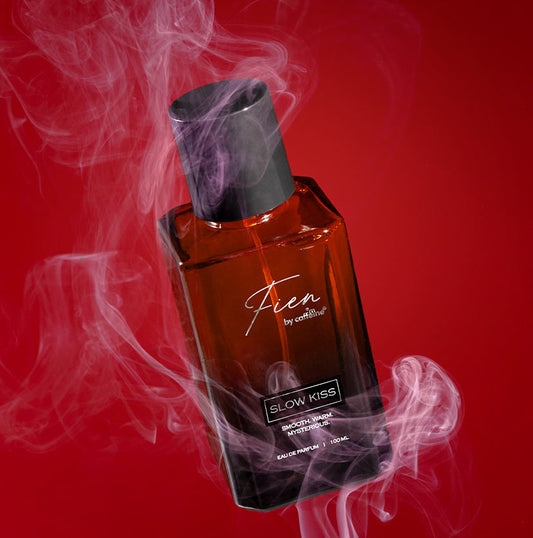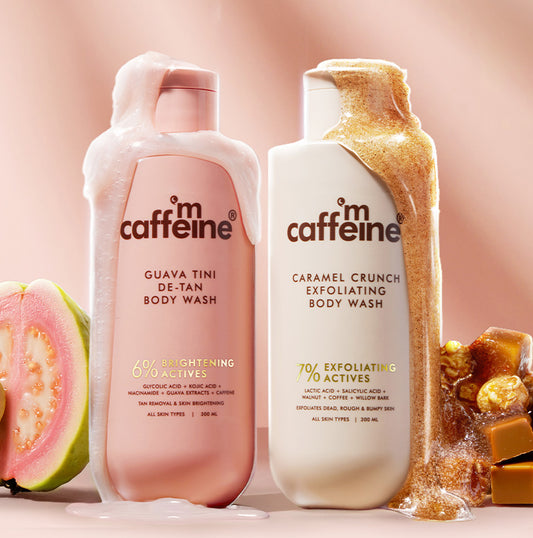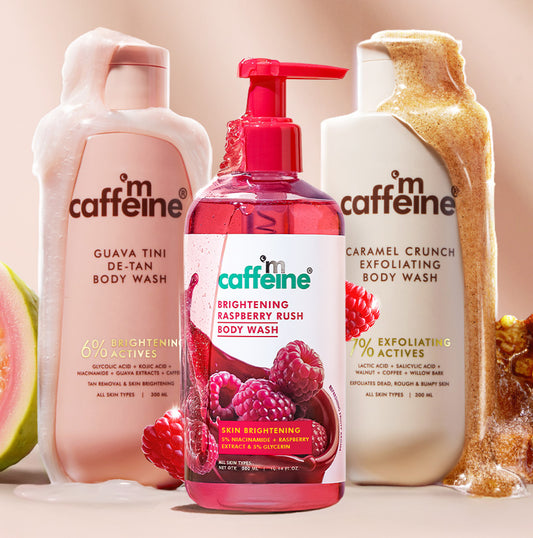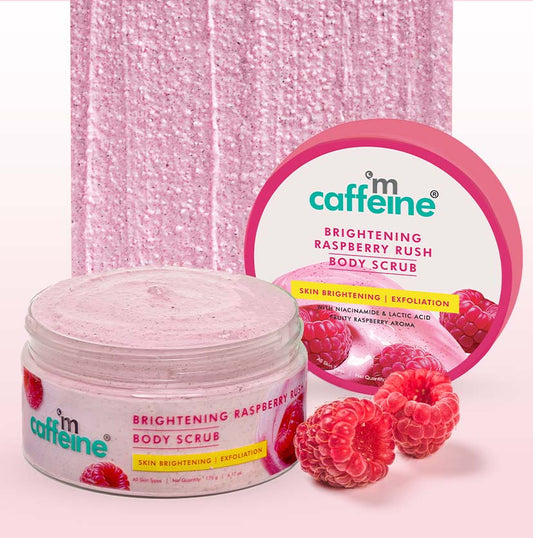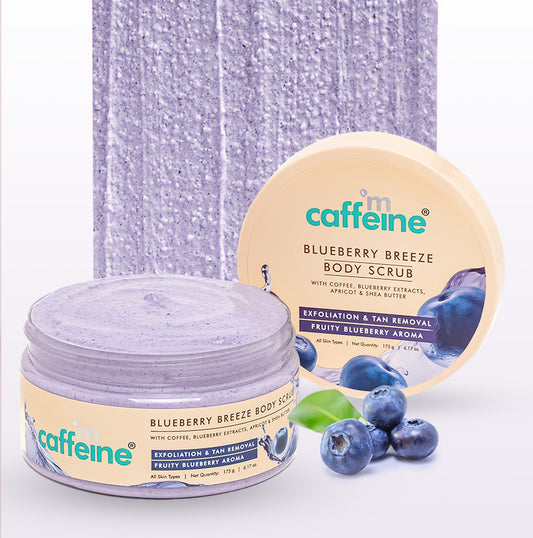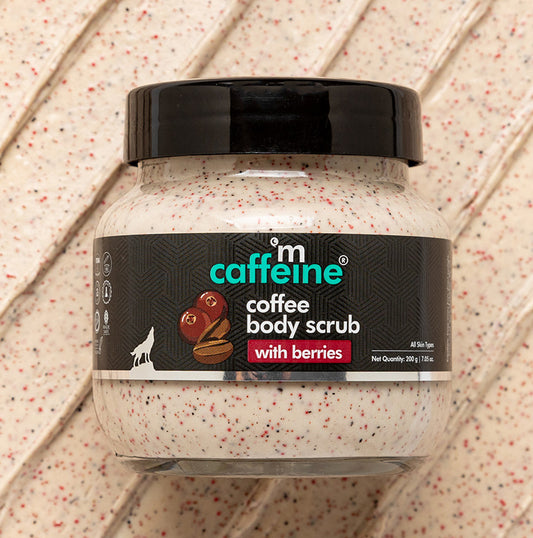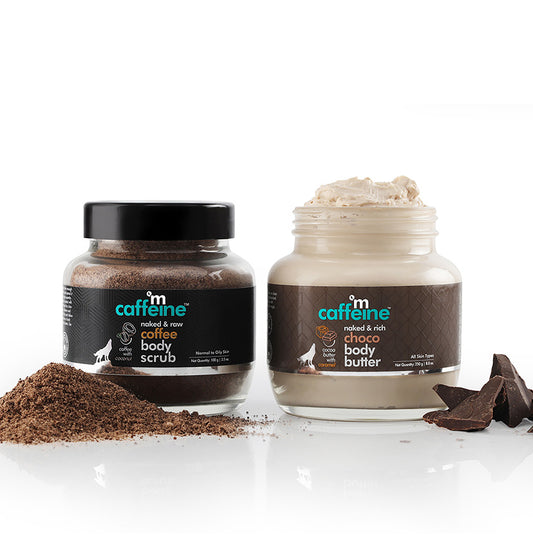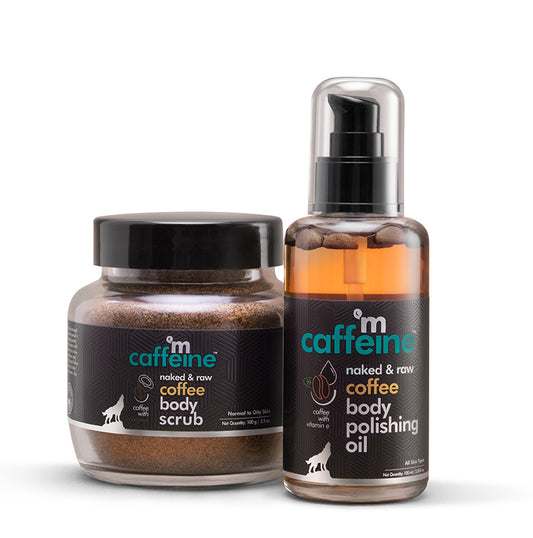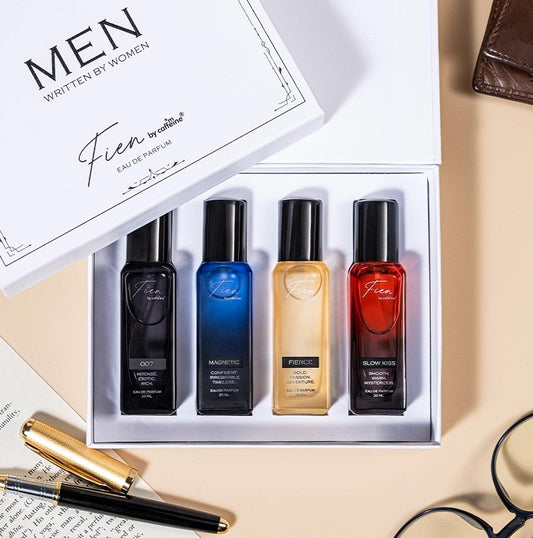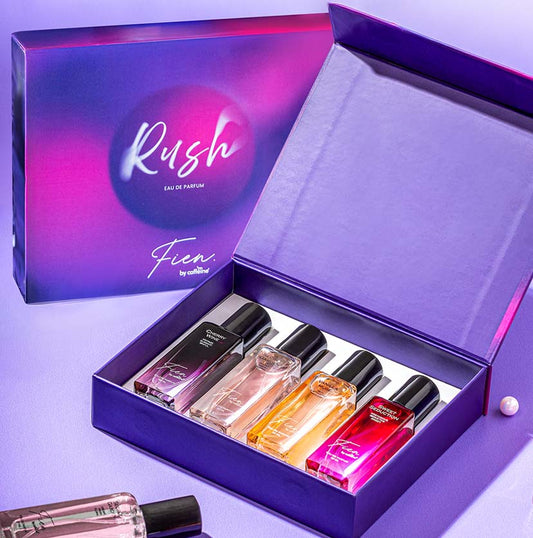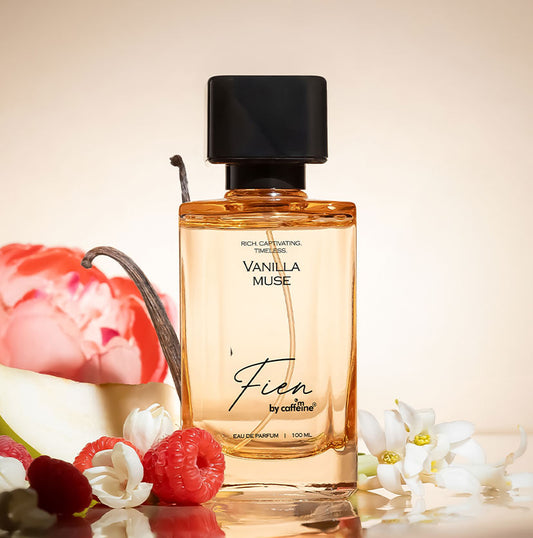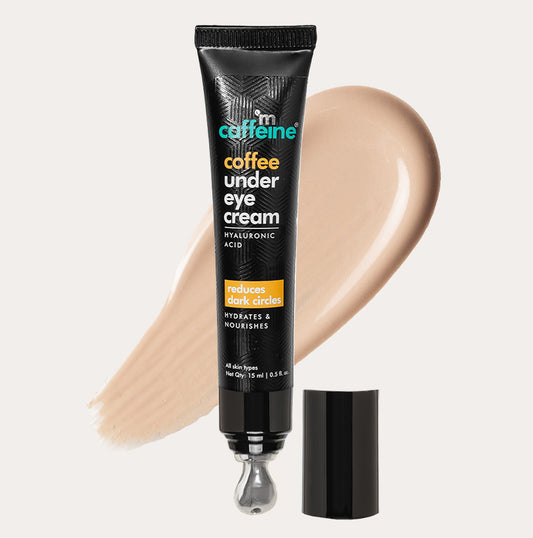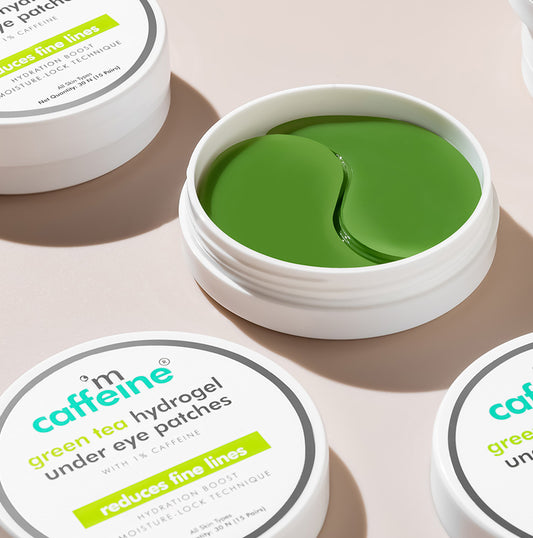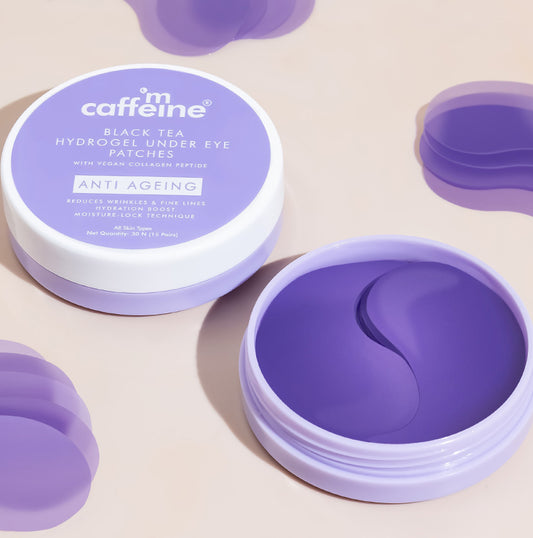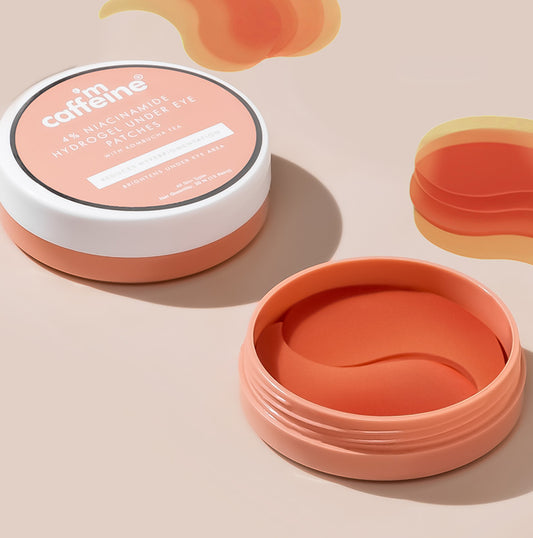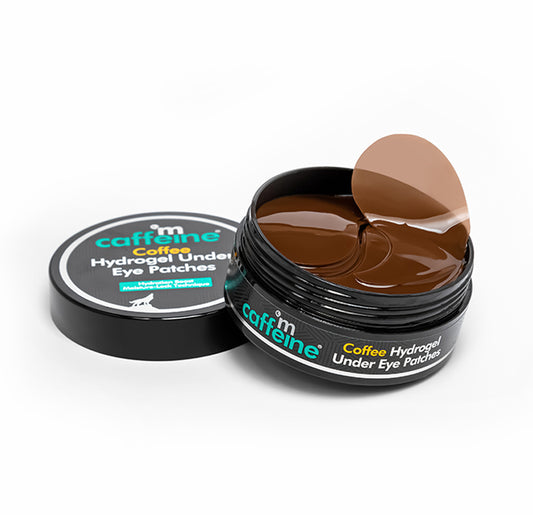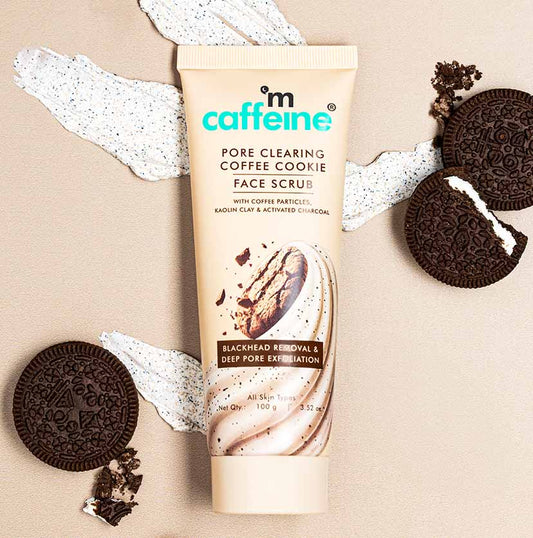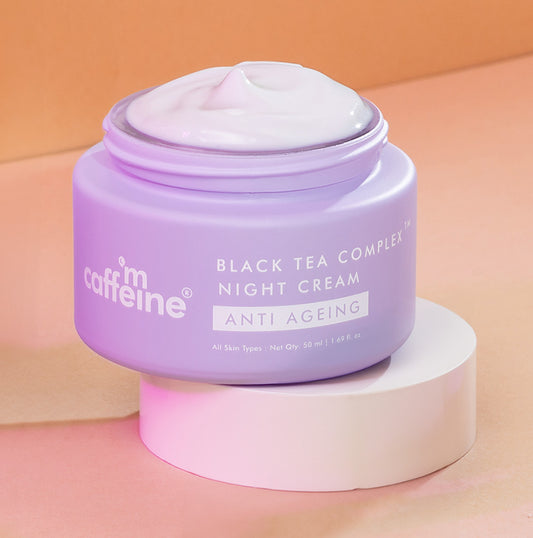Best ways to Treat Aging Skin: Wrinkles Explained
24 Feb 2025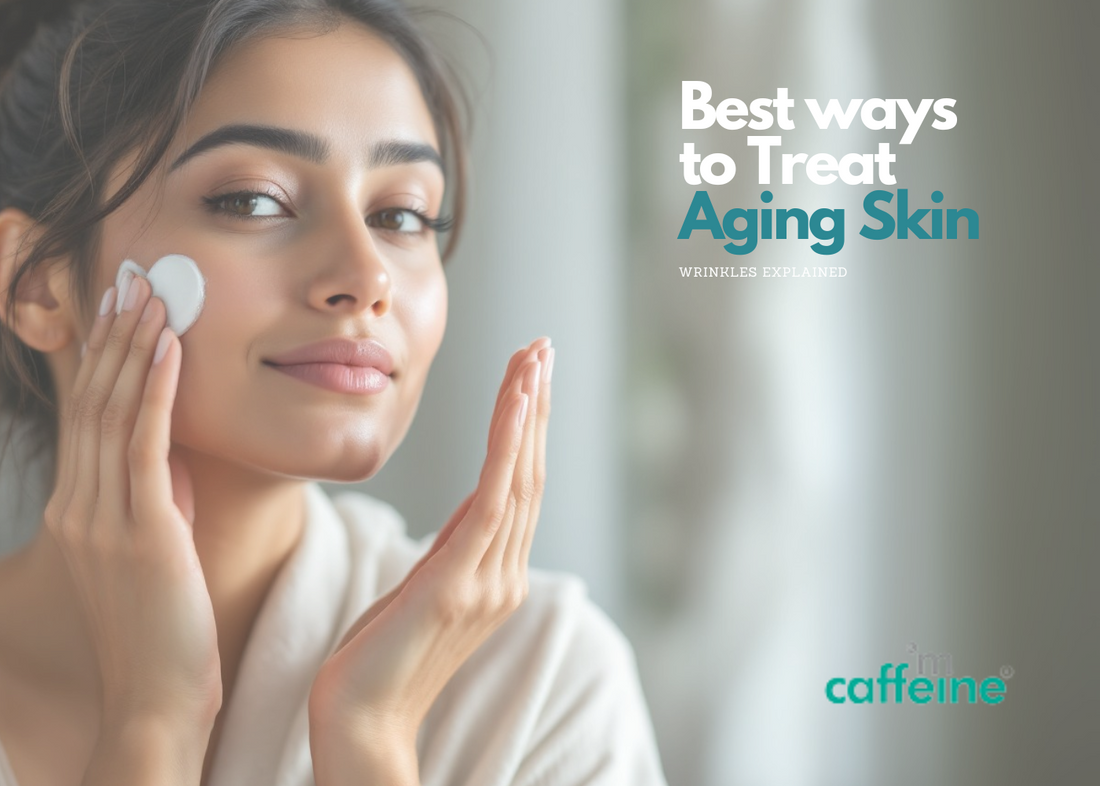
Aging skin is a natural process that brings visible changes such as wrinkles, loss of elasticity, and texture alterations. Many people experience deepening lines and uneven skin tone as years pass, and caring for your skin becomes an important part of your self-care routine.
Healthy skin is the result of proper skin care science applied through everyday habits and advanced formulations.
A careful look at wrinkles shows that they emerge due to a mix of genetic influences, environmental exposures, and lifestyle factors. Interest in effective treatment options has grown as research continues to uncover the best ways to restore firmness and reduce signs of aging.
Every skincare routine can benefit from techniques that support collagen production and cellular renewal.
The following guide explains the formation of wrinkles, outlines possible causes of aging skin, and highlights treatment options that blend modern science with trusted ingredients.
Enjoy a clear, conversational explanation meant to empower you on your journey toward healthier skin.
What Are Wrinkles?
Wrinkles appear as lines, creases, and folds that develop over time. Skin loses its firmness when collagen and elastin slowly deplete, leading to visible wrinkles that mark the journey of life.
What’s the Difference Between Fine Lines and Wrinkles?
Fine lines refer to subtle, temporary creases on the skin’s surface, whereas wrinkles describe deeper, more permanent creases. Fine lines may appear earlier and tend to fade with proper care, while wrinkles often require targeted treatment options for improvement.
Causes of Skin Aging
Multiple factors contribute to skin aging and the formation of wrinkles. A mix of internal molecular changes and external stressors are responsible for the gradual loss of youthful skin. Below are the key causes of skin aging and wrinkle formation explained in pointers:
• Internal Molecular Changes
Reduced collagen and elastin production weakens skin structure over time.
Slower cell turnover and diminished repair processes allow older cells to accumulate.
• Environmental Stressors
Extended exposure to sunlight (UV rays) breaks down collagen and triggers oxidation.
Pollution and environmental toxins generate free radicals that damage skin cells. Harsh weather extremes can strip moisture, leading to dryness and accelerated aging.
• Lifestyle Factors
Smoking creates free radicals and restricts blood flow, worsening skin health. Poor nutrition lacking antioxidants limits the ability to fight oxidative stress.
Inadequate hydration reduces skin elasticity and contributes to visible wrinkles.
• Cosmetic Habits
Heavy or long-wearing makeup may clog pores and irritate skin if not removed properly.
Regular buildup of residual products can stress the skin, indirectly accelerating aging.
• Caffeine Considerations
Moderate consumption does not directly cause wrinkles; in fact, caffeine ingredients in topical products may boost circulation.
Topically applied caffeine helps reduce puffiness and offers antioxidant benefits, supporting a healthier skin surface.
Treatment Options Available
Exploring various treatment options can assist in finding a routine that suits your skin type. A blend of daily care routines and advanced treatments supports the reduction of wrinkles. Latest innovations and powerful ingredients work together to restore youthful vibrancy.
Advanced Treatments for Aging Skin
• Laser Resurfacing- Laser resurfacing uses focused beams of light to remove the damaged outer skin layers. The process helps stimulate collagen production, which tightens the skin and reduces wrinkles.
• Micro-Needling- Micro-needling employs fine needles to create tiny, controlled injuries on the skin's surface. The natural healing process triggered by these micro-injuries increases collagen and elastin production for smoother skin.
• Chemical Peels- Chemical peels involve applying a specialized chemical solution to the skin that exfoliates old, damaged layers. The peel reveals fresh, renewed skin underneath and helps diminish the appearance of fine lines and wrinkles
Topical options like 3% Caffeine 0.1% Retinol Black Tea Complex Eye Serum and 0.1% Retinol Black Tea Complex Under Eye Serum provide advanced care especially designed for sensitive areas around the eyes.
Chemical Formulas and Ingredients for Reducing Aging
Retinol, antioxidants, peptides, and caffeine-based extracts play vital roles in reducing wrinkles and supporting firm, youthful skin. The ingredients in successful products work together to fight aging skin by increasing collagen formation and eliminating free radicals.
Many of the modern formulas incorporate complex blends like black tea extracts and green tea polyphenols. Consumers can consider Anti Ageing Black Tea Complex Beginners Routine as a starter kit that leverages potent natural components for improved skin appearance.
Additionally, Black Tea Complex Night Cream offers overnight revitalization, while Green Tea Eye Patches & Eye Cream Combo targets the delicate eye area to reduce the impact of wrinkles.
The careful selection of ingredients based on reliable scientific research helps ensure that the treatment options available today yield noticeable improvements. Consistency with your skin care routine, alongside these carefully crafted formulations, can lead to vibrant and visibly younger-looking skin.
Future Innovations in Wrinkle Treatment
Ongoing research and emerging technologies bring hope for enhanced management of aging skin. Biotechnology advancements are paving the way for personalized treatments and gene-based therapies that may offer even more powerful wrinkle reduction.
Nanotechnology and peptide-based solutions are under exploration to improve the precision of cream penetration and boost collagen production. Future treatment options are expected to combine the best of skin care science with cutting-edge technological breakthroughs, providing highly effective, individualized solutions.
Innovative products may soon offer real-time tracking of skin regeneration, enabling users to adjust their routines based on personalized data.
Clinical trials and early studies show promising results that could redefine how wrinkles are treated in the coming decade. In these coming years, integrated skin care systems that blend natural extracts with high-definition treatment tools may become the norm. Enhanced product formulations are being designed to work in harmony with your skin’s unique biology for improved outcomes.
Conclusion
Aging skin and wrinkles form part of life’s natural progression, but effective treatment options exist to lessen their impact. A clear understanding of how skin care science influences the aging process can lead to smarter skincare routines and improved product choices.
Reliable treatment methods backed by modern formulations offer gradual improvement in skin texture and firmness. Confidence in your routine comes from informed choices that prioritize a blend of innovation and proven ingredients.
FAQs
Q1. What happens to skin as it ages?
As skin ages, it loses collagen and elasticity, leading to wrinkles and sagging. Hydration levels decrease, making the skin drier and thinner. Cell turnover slows down, causing dullness and uneven tone. External factors like sun exposure and pollution accelerate these changes.
Q2. Can face wrinkles go away?
Face wrinkles cannot completely go away naturally, but they can be reduced with proper skincare, hydration, and a healthy lifestyle. Treatments like retinol, collagen-boosting creams, and professional procedures (e.g., laser therapy, Botox, fillers) can help smooth wrinkles. Sun protection and a good skincare routine can also prevent further aging signs.
Q3. How does collagen affect skin aging?
Collagen is a key protein that keeps skin firm, plump, and youthful. As we age, collagen production naturally decreases, leading to wrinkles, sagging, and loss of elasticity. External factors like sun exposure, smoking, and poor diet can accelerate collagen breakdown. Boosting collagen through skincare, diet, or treatments can help slow down skin aging.
Q4. Can makeup usage accelerate wrinkles and aging skin?
Improper removal or harsh formulations may irritate skin, contributing to premature aging. Gentle cleansing and high-quality makeup products minimize potential damage.
Q5. How does caffeine in skincare products contribute to wrinkle treatment?
Caffeine helps reduce puffiness and supports antioxidant defense, promoting smoother skin texture. Topical caffeine improves microcirculation and strengthens skin cells.








